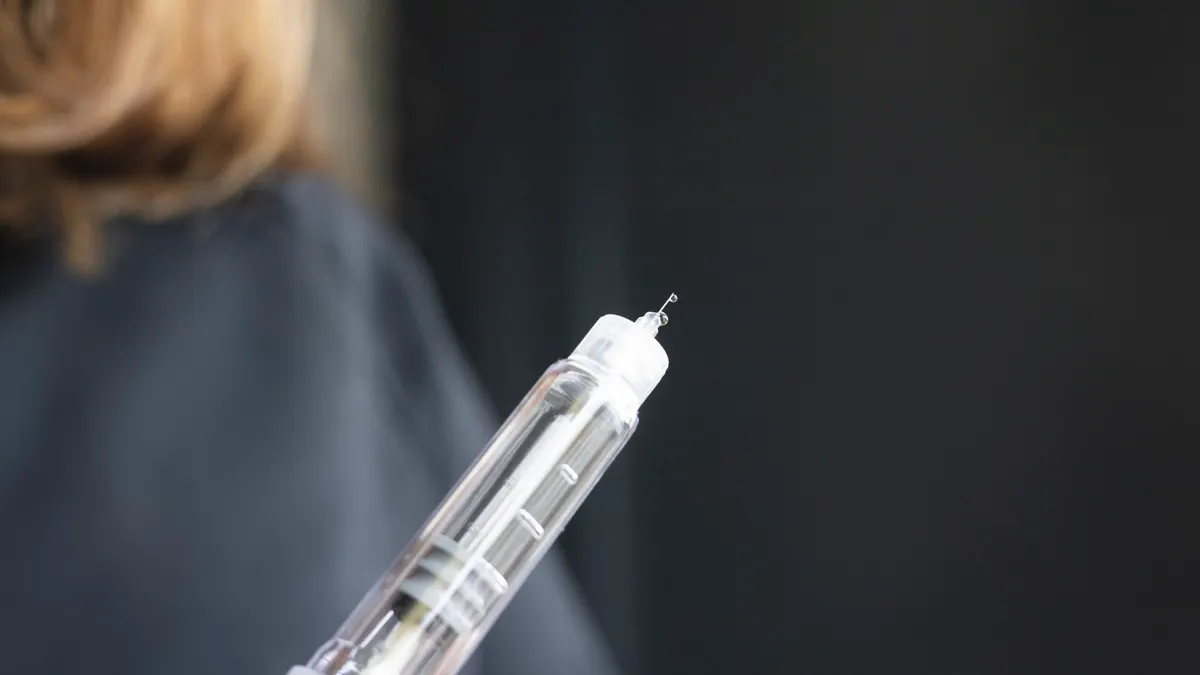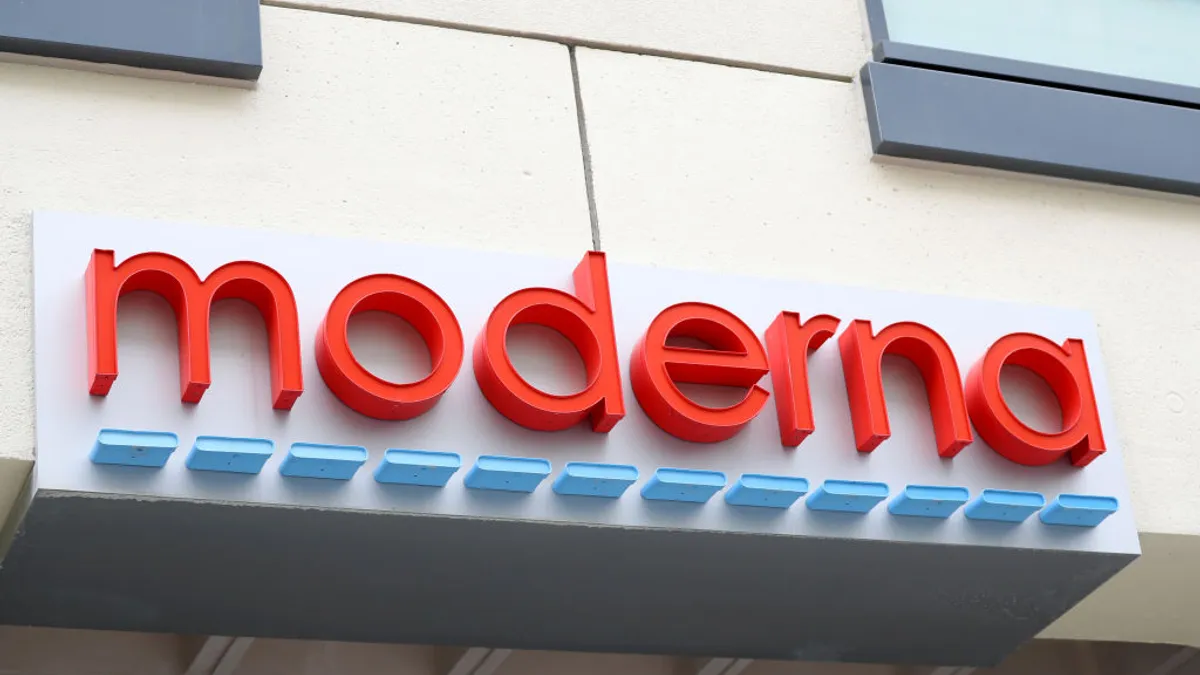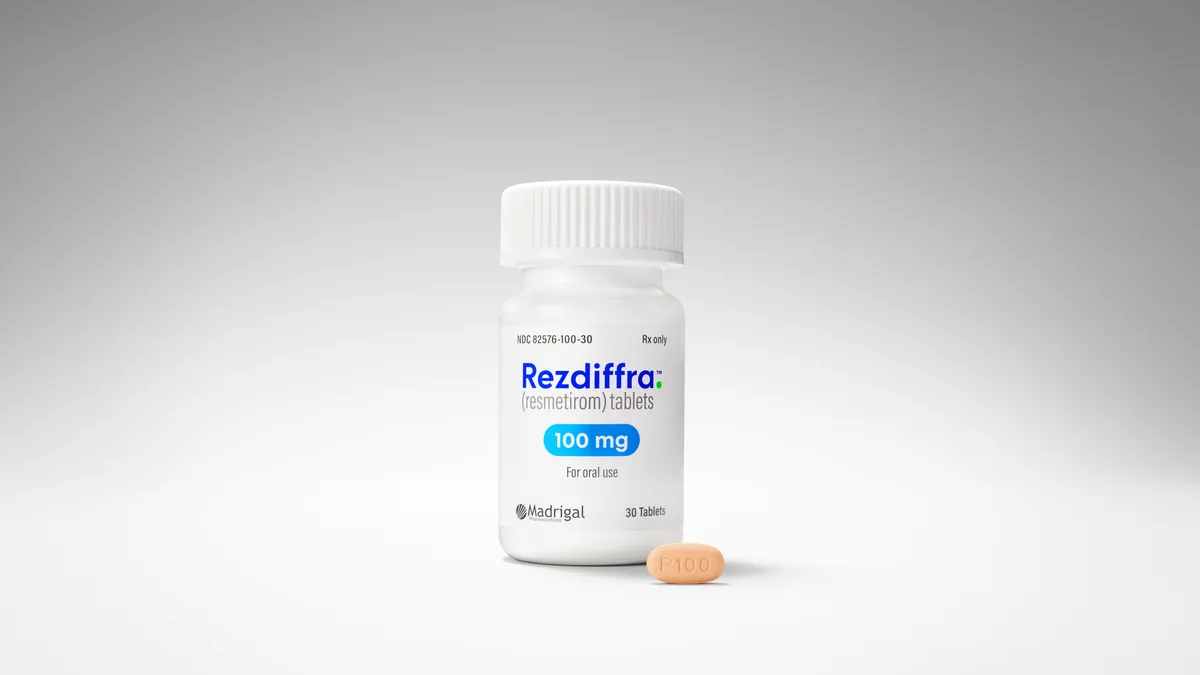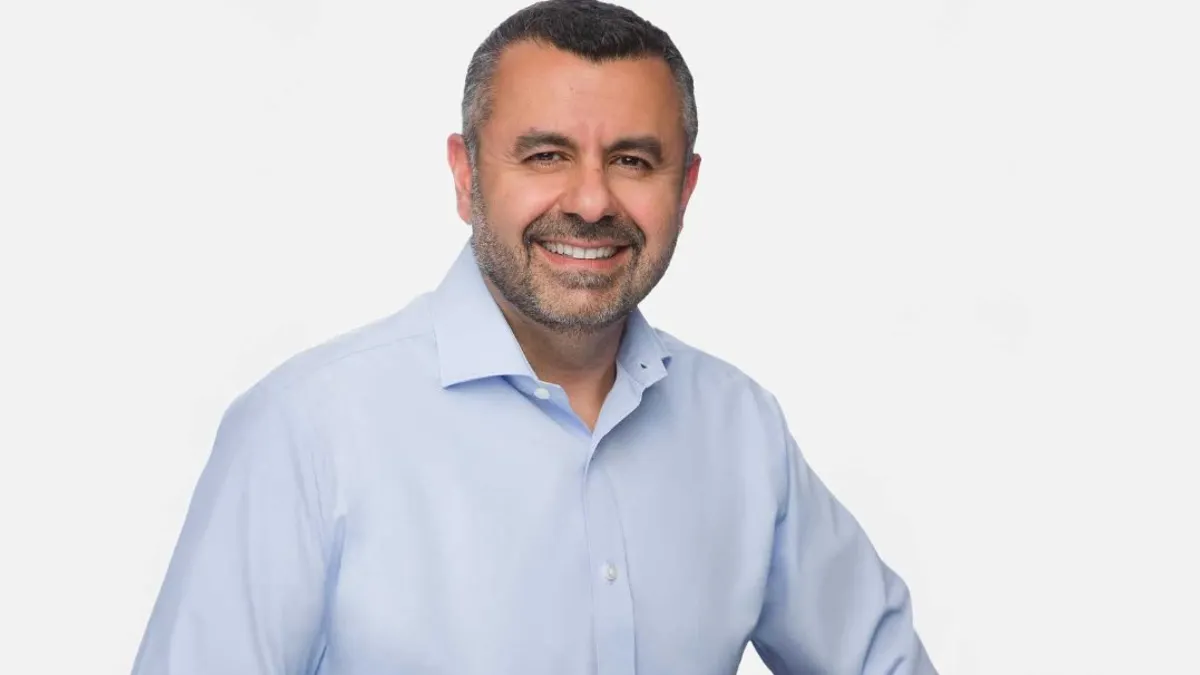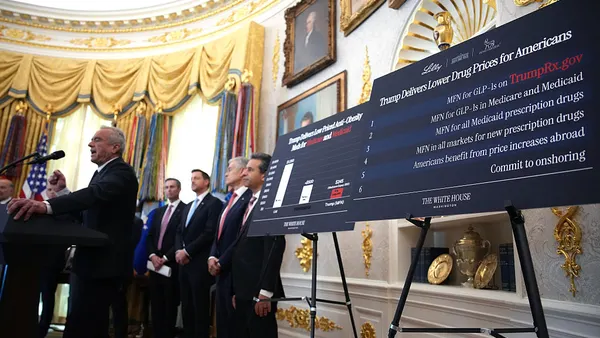The GLP-1 arena has turned into a boxing match between heavyweights Novo Nordisk and Eli Lilly as the two pharma giants square off for market leadership.
Newcomers with obesity drugs in development are also looking for a way into the ring with candidates boasting fewer side effects, better muscle mass preservation and more.
But the contests between market leaders and potential entrants aren’t the only ongoing battles — patients are also hitting roadblocks.
“GLP-1s [represent] amazing progress and a beautiful moment for science, but [they aren’t] perfect,” said Sam Faycurry, CEO of Fay, a nutritionist network whose patients include GLP-1 users. “People are reaching plateaus. There are pretty challenging side effects that people have to go through. And then they often ask themselves, ‘I don't know if this is worth it?’”
As the obesity space expands and drugmakers race to bring new treatments to patients, several key challenges could be lurking for those that hit the market.
Discontinuation rates soar
The high rate of discontinuation among GLP-1 users remains a prime burden to keeping patients on the drugs. Estimates vary for how many patients with either obesity or diabetes stop using the drugs, but one 2024 study pegged the discontinuation between 50% and 75% within a year.
At Fay, which sees patients at all stages of their GLP-1 journey, about 20% of patients use, have used or are planning to use GLP1-s, but between 60% to 80% run into treatment roadblocks such as side effects, plateaus and declined coverage, the company said.
“The amount of discontinuation that we're seeing on our platform and [among] our population is quite high, and there could be many different reasons why,” Faycurry said.
Side effects are among the top reasons cited by patients. Vomiting, diarrhea and nausea are commonly reported among GLP-1 users, but they could also face hair loss, muscle wasting and mood changes.
“The amount of discontinuation that we're seeing ... is quite high"

Sam Faycurry
CEO, Fay
Pharmas with next-generation drugs under development are also running into this problem. Nearly 30% of trial participants in a recent phase 2 study for Amgen’s obesity hopeful MariTide stopped taking the drug, depending on the cohort. Vomiting rates were as high as 90%. While participants who stayed on the drug lost up to 20% of their weight, the overall rate of weight loss was lower for the entire study because so many dropped out.
High discontinuation rates are also impacting weight loss success outside clinical trials. In a recent retrospective study of nearly 8,000 GLP-1 users with obesity, patients lost an average of 8.7% of their body weight over a year — significantly lower than the rates found in Lilly and Novo’s clinical trials. About 20% of patients discontinued GLP-1 treatment within three months, while 32% stopped within a year, the study found. This heavy impact of discontinuation rates on overall weight loss outcomes needs to be studied further, the study authors from Cleveland Clinic noted.
“As clinicians and policy makers pay closer attention to the issue of treatment discontinuation of these highly effective medications, relatively little real-world data are available on the relationship between discontinuation and long-term weight outcomes,” the study noted.
Insurance complications
As more information emerges about real-world outcomes for GLP-1s, insurers are paying close attention. With a list price of around $1,000 per month for both Lilly and Novo’s pen injectables, insurers haven’t been willing to offer widespread coverage due to the expense.
For Cigna CEO David Cardani, cost is not the only concern. GLP-1 users who experience muscle loss while on the drugs and then stop taking them can regain fat, making them unhealthier than before they started, he said in March.
Only about 20% of employer-sponsored health plans covered GLP-1s for obesity as of last year, according to KFF. Meanwhile, Blue Cross Blue Shield plans in Michigan and Massachusetts dropped GLP-coverage for obesity, citing high costs.
The insurance complications have led many users to try compounded versions, or pay out of pocket for vial doses from Lilly and Novo through their direct-to-patient platforms.
Pharmacy benefit managers are also weighing the price tags when creating coverage plans. CVS Caremark announced it was dropping Lilly’s weight loss GLP-1 Zepbound from its formulary in favor of Novo's Wegovy, which has a slightly lower cost, despite trial results showing higher weight loss results from Lilly’s product.
Some insurers have added requirements for patients to see a nutritionist before being approved for GLP-1 coverage or as part of their care plan while taking the drugs. That’s where companies like Fay often find touchpoints with patients and payers.
“Insurance companies are looking to ensure that people see a dietitian to make sure the drugs are used properly and not abused,” Faycurry said. “They are making it a requirement for prior authorization in the same way they did with bariatric surgery.”
Companies like Fay may see more of a boon from insurers’ clamping down on coverage. Cigna offers a weight management program with nutrition support to complement GLP-1 coverage, for example.
“Science is progressing, but what we're seeing is employers and payers are much quicker to want to see lifestyle change first before a lot of these tools are deployed,” Faycurrry said.
For now, the insurance picture remains murky as GLP-1s continue to rise in popularity and drugmakers push to make more weight loss options available.
“The jury's still out on what's going to happen,” Faycurry said.



